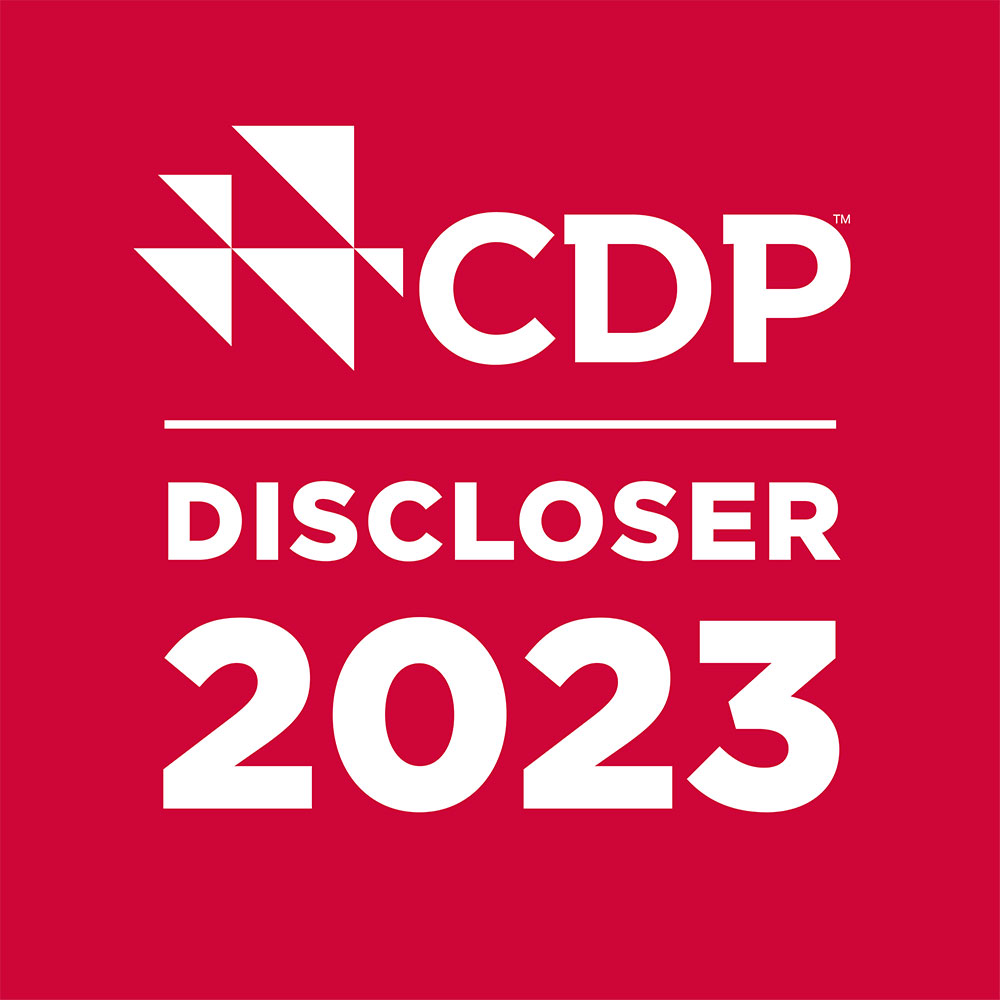Governance
ESG reporting and stakeholder engagement
In 2018, MGE moved from biennial to annual production of our Environmental and Sustainability Report, which in 2020 became the company’s Corporate Responsibility and Sustainability Report to reflect more accurately the range of content provided in the report. This report is reviewed by the board annually. Report data and data in our EEI-AGA ESG/sustainability reporting templates also are audited by the company’s Internal Audit team.
EEI-AGA ESG/sustainability reporting templates
To advance further transparency and disclosure, MGE also participates in EEI’s and AGA’s ESG/sustainability-related reporting templates. The voluntary, industry-specific templates include both qualitative and quantitative information. The quantitative template includes data related to MGE’s energy portfolio (generation and capacity), emissions, capital expenditures, and human and natural resources. The qualitative template includes information related to the company’s strategies for transitioning toward deep decarbonization and greater sustainability. Board members also review MGE’s templates annually, which are available online in our ESG Data Center.

CDP report
MGE Energy also reports information and data to CDP (Carbon Disclosure Project), a global platform for disclosure of environmental impacts. Our CDP climate change questionnaire is available in our
ESG Data Center.
Task Force on Climate-Related Financial Disclosures (TCFD)
MGE also publishes a TCFD report, which provides the company’s key disclosures that align to TCFD recommendations. The report is available in our
ESG Data Center.
Shareholder engagement
Our board believes that understanding and considering shareholder perspectives advances accountability and transparency. Our investor relations efforts also help executive management and the board understand how investors view the company’s policies, practices, strategies and long-term direction and help leadership assess and address investors’ emerging areas of interest, such as ESG-related topics.
Officers engage shareholders in several ways, including through discussions with a number of our institutional shareholders; presentations at industry conferences and investor meetings; meetings with analysts and investment firms; our Annual Meeting; and inquiries taken through the company’s investor site, board emails and in-house Shareholder Services staff. These efforts are in addition to the company’s regular and ongoing investor relations program.
Policy engagement
MGE advocates on behalf of our customers, shareholders and employees at the local, state and federal levels of government for policies that support safe, reliable, affordable and sustainable energy. We comply with the MGE
Code of Ethics as well as all political giving, lobbying, regulatory and disclosure laws in these processes.
The company’s
Code of Ethics is applicable to all directors, officers and employees of the company. It includes conflict of interest; confidential and insider information; gifts, gratuities and favors; proper accounting and reporting; outside employment; government relations; political contributions and political office; company property; and reporting illegal or unethical behavior.
Political contributions
State and federal laws prohibit the company from making direct or indirect contributions of corporate funds or resources to any candidate running for political office in the United States or state of Wisconsin. As such, MGE does not use corporate funds for contributions to any state or federal political candidates or their campaign committees.
Though state and federal laws allow it, MGE does not have a state or federal political action committee (PAC). Wisconsin law does allow businesses to facilitate political contributions by their employees via a “conduit” account. MGE administers an MGE Employee Conduit for employees who prefer to use this mechanism for their contributions. All funds contributed through this conduit are made and controlled by individual employees and not by MGE. That is, all contribution decisions are made by the individual employee.
Political office
MGE permits and encourages employees to participate in the democratic process, including running for public office and other related activities, provided those activities do not interfere with their work performance or duties, consistent with our
Code of Ethics. Employees also may make contributions to a variety of political candidates and/or PACs, apart from the MGE Employee Conduit. MGE does not, and should not, track all political contributions made by its employees.
Lobbying
As your community energy company, we advocate for our customers, shareholders and employees by building and maintaining relationships with policymakers; by working collaboratively with internal and external stakeholders to identify and address matters that impact our industry, goals and corporate strategies; and by building coalitions with stakeholders, trade associations, employees, customer groups, utility associations and others to pursue and achieve common goals. MGE employs registered lobbyists and utilizes external lobbyists to engage policymakers at the local, state and federal levels to monitor legislation and policy proposals and to advocate for positions that are in the best interest of our employees, customers and shareholders.
Reports of our lobbying activities (MGE Energy and/or MGE) can be found at the federal, state and local levels. Wisconsin lobbying reports can be found at the Wisconsin Ethics Commission,
lobbying.wi.gov. MGE typically does not incur lobbying expenses at the federal or local level that would trigger a lobbying report; however, if it does, those expenses can be found at
lda.senate.gov,
lobbyingdisclosure.house.gov and
cityofmadison.com/clerk/lobbyists, respectively.
Trade organizations
MGE belongs to a number of trade organizations and coalitions that provide expertise, training and research concerning important industry topics. Some trade associations also participate in the political process, including participating in lobbying. MGE does not control the political activity of its member trade associations and, in fact, may sometimes disagree with political positions taken by them. Trade associations must identify the portion of association dues used for lobbying and political activities to comply with tax rules.
Search by Governance area of interest
Board governance
Oversight
Enterprise risk management